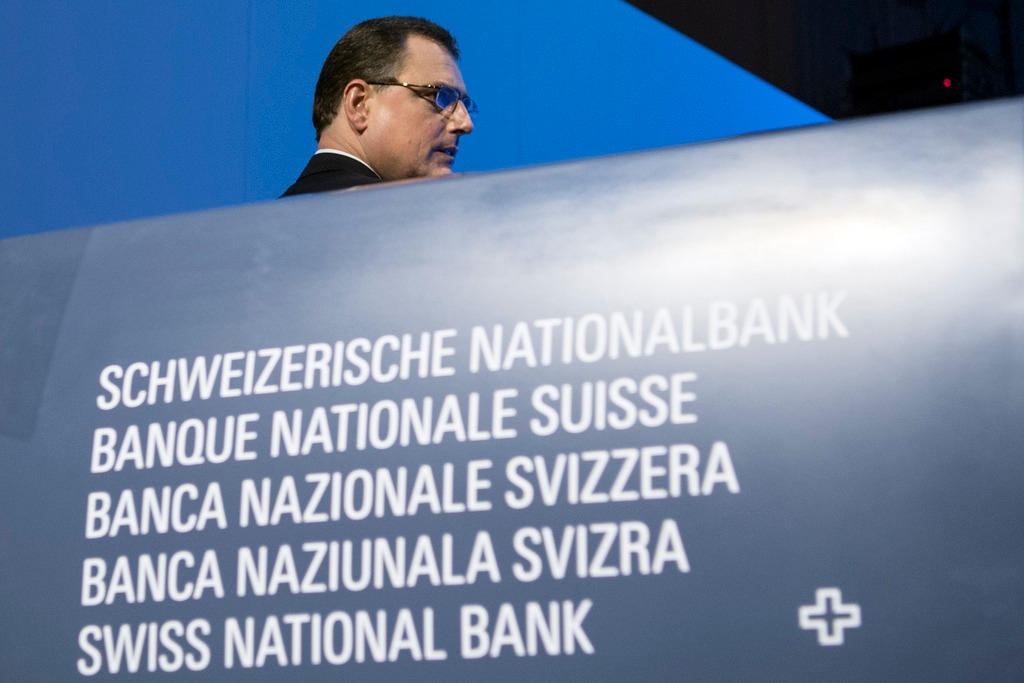
Government rejects demands to reform central bank

The government has rejected a number of proposals to reform Switzerland’s central bank. By doing so, it backed the Swiss National Bank’s (SNB) independence and its recent performance despite the failed strategy of pegging the franc to the euro.
The SNB has been no stranger to political criticism in its efforts to keep the franc from appreciating too quickly against other currencies. Its policy of amassing foreign currency reserves and introducing negative interest rates has courted some controversy, not least in parliament.
The abandonment of the CHF1.20 peg to the euro in January 2015 saw the franc appreciate further against the euro at the expense of exporters and the Swiss tourism industry. This sparked a raft of parliamentary proposals to force the SNB to change course.
On Wednesday, cabinet rejected six such proposals, including the formation of a sovereign wealth fund, forcing a change in the SNB’s investment strategy and increasing the size of the central bank’s executive board.
A government report concluded that “the SNB’s monetary policy concept has proved its worth also in difficult situations”. “The Federal Council considers the SNB’s existing legal basis to be appropriate and sees no need to change it,” the cabinet stated.
Political football
It also rejected an idea to increase state debt to take advantage of negative interest rates.
The SNB has always fiercely defended its independence from political interference. This did not prevent the forced resignation of former chairman Philipp Hildebrand in 2012, but it has been able to pursue its sometimes controversial monetary policy strategy largely unhindered.
In November 2014, voters rejected an initiative seeking to force the SNB to keep a minimum amount of gold on its balance sheet. Another threatened initiative, which has yet to see the light of day, would compel the SNB to underwrite household and business bank deposits and distribute the money it prints directly to citizens.
The government’s rejection of the six parliamentary proposals on Wednesday has dented efforts from some sections of parliament to also influence future monetary policy strategy.
In April, the SNB strongly rejected all these proposals, saying they would turn the central bank into a “political football”.

In compliance with the JTI standards
More: SWI swissinfo.ch certified by the Journalism Trust Initiative






























You can find an overview of ongoing debates with our journalists here . Please join us!
If you want to start a conversation about a topic raised in this article or want to report factual errors, email us at english@swissinfo.ch.